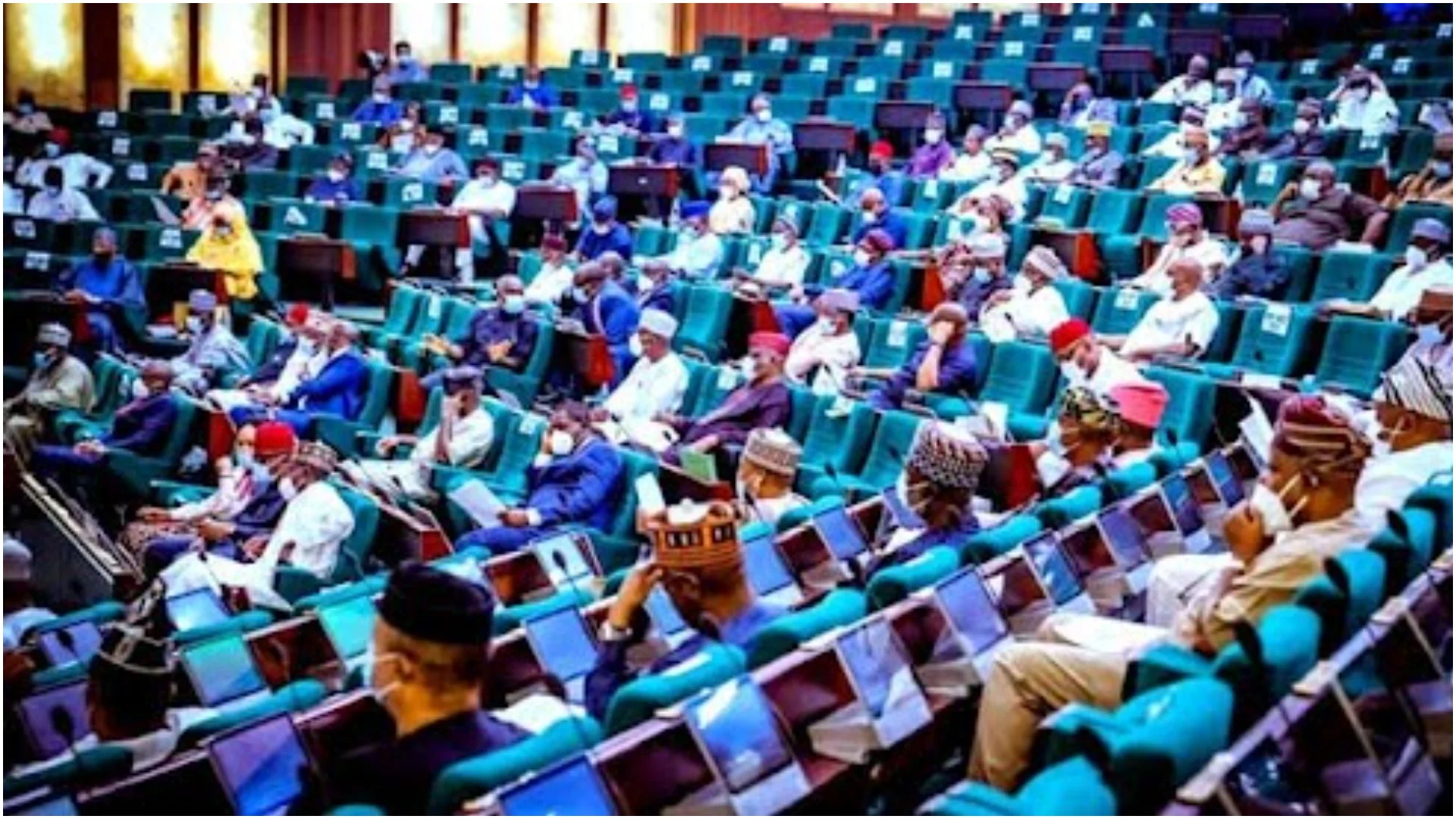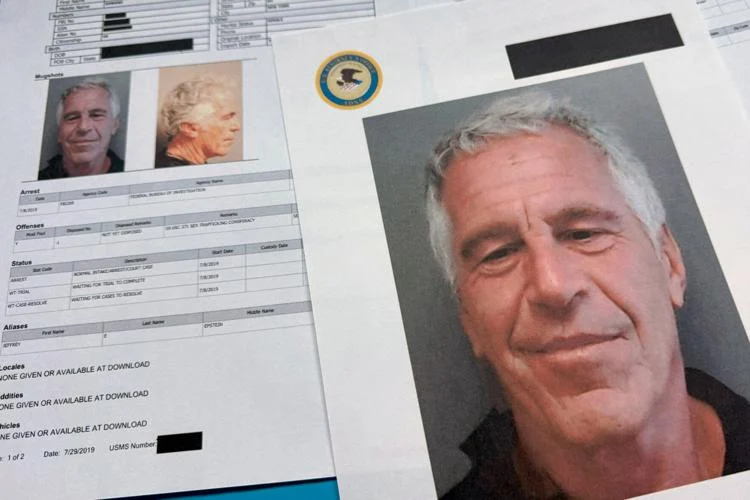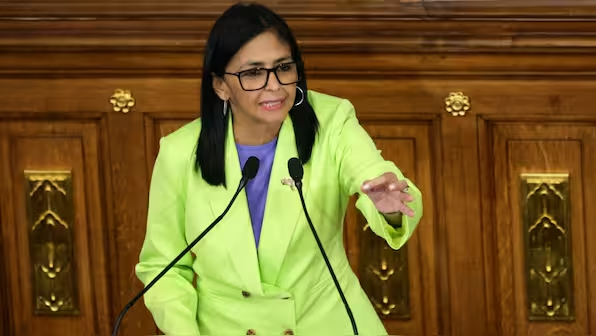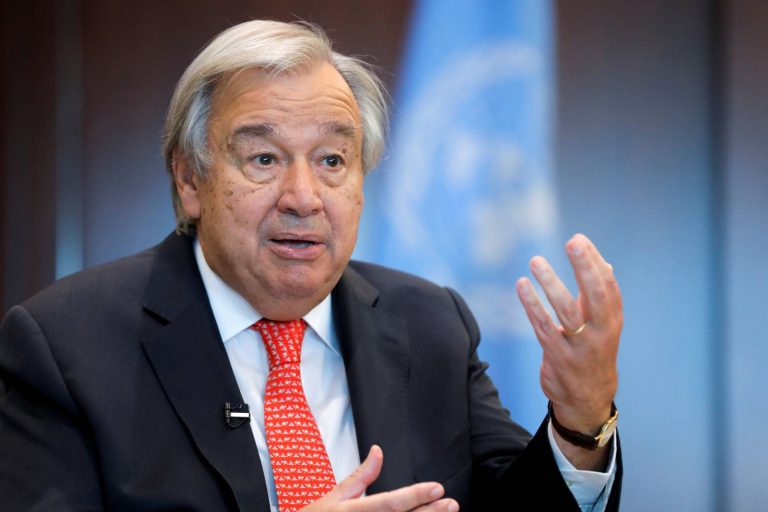
Lawmakers question transparency, performance of DFIs amid calls for accountability…
The House of Representatives has launched an investigation into the management and utilisation of more than ₦12 trillion disbursed to Nigeria’s Development Finance Institutions (DFIs) over the past seven years.
The inquiry follows the inauguration of an ad hoc committee on Wednesday, tasked with reviewing the operations, funding, and performance of the DFIs amid increasing public concern over their transparency and impact on the economy.
Committee Chairman, Hon. Chidi Obetta, said the probe would take a comprehensive look at how funds allocated to DFIs established to drive industrialisation, agriculture, small and medium enterprises, and infrastructure development have been deployed.
According to him, preliminary findings show that capital injections, budgetary allocations, bond issuances, concessional loans, and donor funds to the institutions in recent years have collectively exceeded ₦12 trillion.
“The investigation responds to the growing public demand for transparency, accountability, and measurable impact from institutions designed to fill financing gaps not served by commercial banks,” Obetta said.
He clarified that the amount remains subject to verification as the committee would request audited financial statements and detailed expenditure reports from each DFI.
Institutions Under Scrutiny
Among the institutions to be examined are the Bank of Industry (BOI), Bank of Agriculture (BOA), Nigeria Export-Import Bank (NEXIM), Infrastructure Bank, Development Bank of Nigeria (DBN), and the Nigeria Incentive-Based Risk Sharing System for Agricultural Lending (NIRSAL).
Obetta explained that the review aims to determine whether funds allocated to these DFIs have reached intended beneficiaries and contributed to job creation, industrial expansion, and export growth.
“This investigation is not punitive but reform-oriented,” he said. “Our goal is to strengthen the capacity, efficiency, and integrity of these institutions.”
He added that the committee would engage with key stakeholders including the Central Bank of Nigeria (CBN), Ministry of Finance, development partners, and beneficiaries to ensure an evidence-based and transparent inquiry.
Speaker Abbas: DFIs Underperforming Despite Huge Funding
Inaugurating the committee, Speaker of the House, Hon. Tajudeen Abbas, expressed dismay over the poor performance of DFIs despite the vast public resources at their disposal.
Represented by the Deputy House Leader, Hon. Halims Abdullahi, the Speaker noted that the institutions have contributed little to Nigeria’s multi-dimensional poverty reduction and the growth of small and medium enterprises (SMEs).
“In a period when our economic reforms are focused on inclusive growth, the inadequacies of these institutions are unacceptable,” Abbas said.
“The House will no longer support budgetary allocations to any DFI that cannot demonstrate accountability, responsible financial management, and tangible developmental outcomes.”
He blamed the weak performance of DFIs on poor transparency, political interference, and overly cautious lending practices, warning that public funds must directly benefit citizens and productive sectors.
CBN and DFIs Pledge Cooperation
Representing the CBN Governor, Yemi Cardoso, a Director in the apex bank, Ibrahim Hassan, pledged full support for the investigation.
Hassan explained that the CBN, as the regulator of DFIs, ensures adherence to prudential standards and sound financial practices, and would provide technical assistance to aid the committee’s work.
Similarly, Managing Director of NEXIM Bank, Abba Bello, described the investigation as “timely and necessary”, adding that DFIs must be held accountable for delivering measurable impact.
“These institutions should serve as engines of growth, creating jobs, supporting industries, and generating foreign exchange,” Bello said, pledging NEXIM’s full cooperation.
The ad hoc committee is expected to present its findings and recommendations to the House in the coming weeks, with the goal of strengthening DFI accountability, improving performance, and ensuring they fulfil their core mandate of inclusive and sustainable national development.



